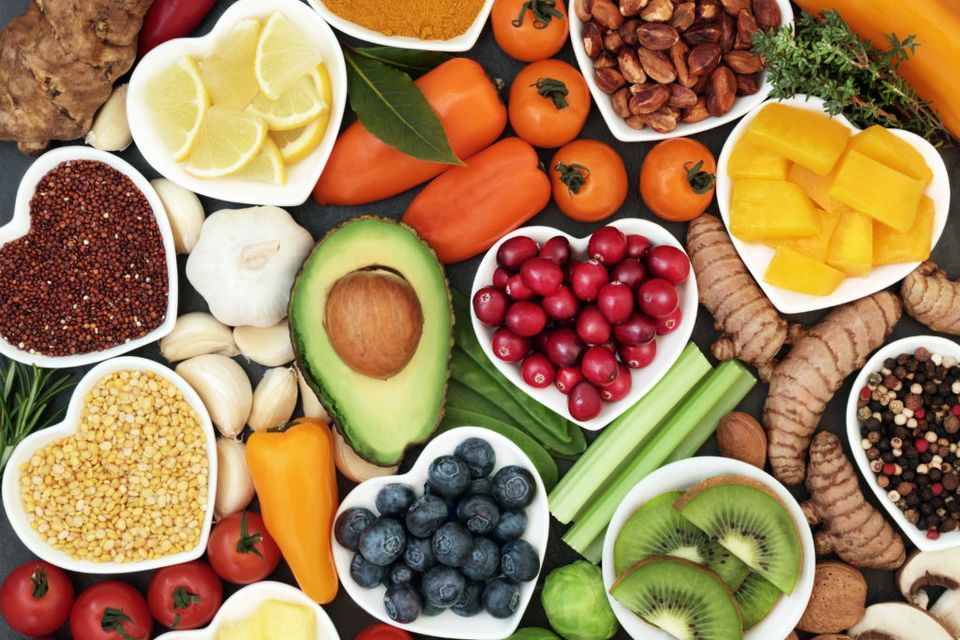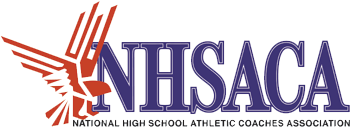Nutrition for Peak Athletic Performance: A Comprehensive Guide

By Joan Knoll, Licensed Registered Dietitian
When it comes to excelling in sports and achieving peak athletic performance, proper nutrition plays a vital role. Joan Knoll, a Licensed Registered Dietitian with Bismarck Public Schools, has compiled a wealth of information on the benefits of balanced nutrition for athletes, focusing on the key nutrients essential for success. In this article, we'll explore the importance of nutrition, the ideal nutrient balance for athletes, and practical strategies to optimize performance.
Benefits of Balanced Nutrition for Athletic Performance
Balanced nutrition is the foundation of a successful athletic journey. Here are some of the key advantages:
- Reduced Recovery Time: Proper nutrition aids in faster recovery between training sessions, allowing athletes to train more frequently and intensely.
- Reduced Risk of Injury and Illness: A well-nourished body is better equipped to fend off injuries and illnesses, ensuring athletes can stay on the field.
- Increased Energy and Improved Performance: The right nutrients provide the energy required to perform at one's best, boosting overall performance levels.
- Prevention of Hypoglycemia: Adequate carbohydrate intake helps prevent low blood sugar, which can cause light-headedness and fatigue during intense workouts or competitions.
- Peace of Mind: Knowing your body is adequately fueled provides peace of mind and confidence in your abilities.
Choose MyPlate for a Balanced Diet
Joan Knoll advocates following the Choose MyPlate guidelines as a reliable method to achieve a balanced diet. This approach provides the necessary nutrients to support growth, learning, and overall health.
Now, let's delve into the specifics of the best nutrient balance for athletes:
Carbohydrates: The Body's Primary Energy Source
Carbohydrates are the body's primary source of energy and are crucial for athletes. There are two main types:
- Simple Sugars: Found in foods like sucrose, lactose, and fructose.
- Complex Carbohydrates: Include starches, fruits, vegetables, and legumes.
Carbohydrates are the preferred fuel source for muscles as they are rapidly converted into energy. They are stored as glycogen in muscles and need continual replenishing. Athletes should aim to obtain 50-55% of their daily caloric intake from carbohydrates.
Food sources for carbohydrates include grains, legumes (beans), fruits, vegetables, as well as sugary snacks like pastries, cookies, and candy.
Proteins: The Building Blocks of Athletic Performance
Proteins serve multiple vital functions in the body, including providing energy and amino acids, transporting oxygen and nutrients, and supporting the growth and repair of body tissues.
Common food sources of proteins include meat, fish, poultry, dairy products, eggs, legumes, nuts, and seeds. The recommended protein intake for athletes falls in the range of 1.2 - 2.0 grams per kilogram of body weight per day.
To calculate your protein intake, convert your body weight from pounds to kilograms by dividing it by 2.2. For example, a 160-pound athlete would need 88 - 146 grams of protein per day.
Fats: A Concentrated Source of Calories
Fats are the most calorie-dense macronutrient, providing essential energy for athletes. Opt for healthy fat sources like lean meats, low-fat dairy products, and nuts/seeds, while limiting fatty meats, whole dairy products, fried foods, and baked goods.
Pre-training and Competition Meals
Properly fueling your body before training sessions or competitions is crucial. Here are some guidelines to follow:
- Meals should be consumed 3 - 4 hours before the event.
- Opt for complex carbohydrates such as grains, vegetables, fruits, and beans.
- Keep simple sugars like sugary beverages and candy to a minimum.
- Include a moderate amount of lean protein.
- Keep fat intake low.
- Stay adequately hydrated.
Morning, Afternoon, Evening, and All-Day Events
Depending on the timing of your athletic event, the meal recommendations may vary. For morning events, a carbohydrate-rich dinner the night before and a light breakfast on the event day are ideal. For afternoon and evening events, ensure that you've consumed balanced meals throughout the day to maintain energy levels.
For all-day events, packing a variety of nutrient-rich foods and beverages is essential to stay fueled and hydrated throughout the day.
Post Training/Competition Meals
Proper recovery is crucial after intense physical activity. Immediately following exercise, replenish fluids and glycogen stores with high-carbohydrate foods. Within 45 minutes to 2 hours, consume a balanced meal with carbohydrates and some protein for enhanced muscle recovery.
Hydration: The Key to Athletic Success
Proper hydration is critical for athletes. Here are some tips to stay hydrated:
- Drink fluids before, after, and during training or competition.
- Consume about 4 ounces of fluid every 15-20 minutes during exercise.
- Drink 2 cups of water for every pound lost after activity.
- Consider using diluted sports drinks or juice for high-intensity workouts over 60 minutes.
- Avoid caffeine immediately after training to prevent dehydration.
Caffeine and Its Effects on Health
Caffeine is a common topic of discussion in the world of athletics. Joan Knoll provides insights into caffeine's effects:
- Caffeine does not stunt growth directly, but excessive consumption of caffeinated beverages can reduce calcium intake.
- Caffeine makes some individuals jittery due to its stimulating effect on the central nervous system.
- Caffeine is a stimulant and can be addictive, leading to withdrawal symptoms and other health issues.
To limit caffeine intake, Joan Knoll recommends avoiding energy drinks and provides a table with sugar content, calorie, and caffeine information for various beverages.
Iron and Calcium Requirements
Iron is essential for oxygen transport to muscles, making it vital for athletic performance. Female teens require 15 mg of iron per day, while male teens need 11 mg per day. Athletes at risk of iron deficiency should ensure they consume adequate amounts of iron-rich foods.
Calcium is essential for strong bones and muscles. Female teens need 1,300 mg of calcium daily, while male teens need 1,000 mg. Dairy products are excellent sources of calcium, but other foods like leafy greens, dried fruits, nuts, and seeds also contribute to calcium intake.
To enhance iron absorption, consume vitamin C-rich foods alongside iron sources. However, avoid having tea or coffee with meals as they can inhibit iron absorption.
Consider a Multivitamin
For those who have difficulty meeting their nutrient needs through diet alone, a multivitamin may be a useful supplement. When choosing a multivitamin, ensure it provides around 100% of the daily value for vitamins and minerals. Be cautious of excessive nutrient doses, and always check for the USP (United States Pharmacopeia) label to ensure product quality.
This comprehensive guide on nutrition for peak athletic performance offers valuable insights for athletes at all levels. By understanding the importance of balanced nutrition, athletes can maximize their potential and achieve their performance goals. Whether it's optimizing macronutrient intake, planning pre-competition meals, staying hydrated, or considering the effects of caffeine, her guidance provides a solid foundation for success in the world of sports. Remember, nutrition is a critical component of athletic excellence, and it's within your control to make the right choices for a successful journey in sports.


Member discussion